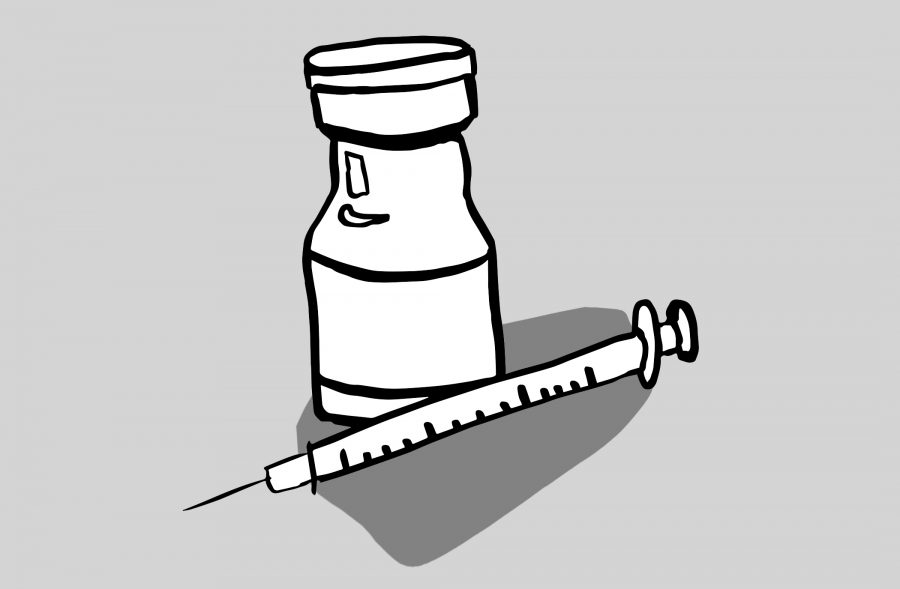A simple shot can protect you from both cancer and the most common STD. You can get it right now, but many Texas students are not.
This is not a miracle injection. It’s simply a series of vaccinations against human papillomavirus, or HPV. If left untreated, an HPV infection could lead to cervical cancer, penile cancer, anal cancer or throat cancer, among others. If you haven’t already, you should get the HPV vaccine as soon as possible.
HPV affects nearly 1 in 4 Americans. While it’s most commonly spread through sexual intercourse, it can also be spread through skin-to-skin contact. Fourteen million more people, including many of our peers, will likely become infected with it this year alone. Most won’t even know they have it. The majority of people with HPV will never experience symptoms or health problems as a result, but the unlucky ones — especially women — may end up with cancer.
“(The anti-vaccine movement) is basically subjecting a whole generation of girls and women to cervical cancer that could be entirely prevented,” said Dr. Peter Hotez, dean of the National School of Tropical Medicine at the Baylor College of Medicine.
Experts such as Hotez warn that vaccination rates in Texas have plummeted to a record low, making it the state with the fifth-lowest vaccination rate in the country. Students at grade schools in Austin and North Texas are especially at risk, Hotez says, as anywhere from 20 to 40 percent of children there are not receiving vaccinations.
A highly contagious virus plus a large population of unvaccinated students equals the perfect incubator for infection. It’s a recipe for disaster that’s ultimately avoidable, though statistically if you’re reading this (and sexually active), you’ve probably already been exposed to it.
Another difficult aspect of the vaccine crisis is that despite HPV’s frequency, especially among young people, the HPV vaccine has been controversial. Some parents say their children aren’t sexually active, and therefore, their children don’t need the HPV vaccination.
“It’s an extremely common virus. You don’t have to be promiscuous to be at risk,” said Dr. Stephen Tyring, a clinical professor of infectious diseases at the McGovern School of Medicine in Houston. Tyring helped develop the vaccine, which has an efficacy rate above 90 percent — better than most other vaccines.
Other people underestimate the virus’s capacity to lead to life-threatening illnesses because some people with HPV don’t develop symptoms.
“No matter how conservative one person (in a relationship) is, the other person may have a history of exposure,” Tyring said.
Here’s the thing: Your partner might be fine, but you might not be. You could have only had one partner in your life, but if they have slept with anyone before you, you’re still at risk for contracting HPV.
Think of it like car insurance. You know you’re a safe driver, but you have to protect yourself from others being reckless on the road.
“Now is the time to get the vaccine. Sooner versus later,” Tyring said. He administers the vaccine to people of all ages.
There’s no reason not to get the vaccine. It’s never too late to prevent cancer.
Laughead is a journalism and rhetoric and writing junior from Houston.


















